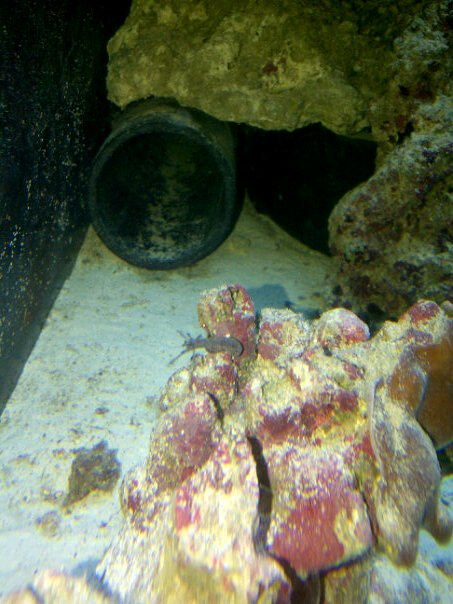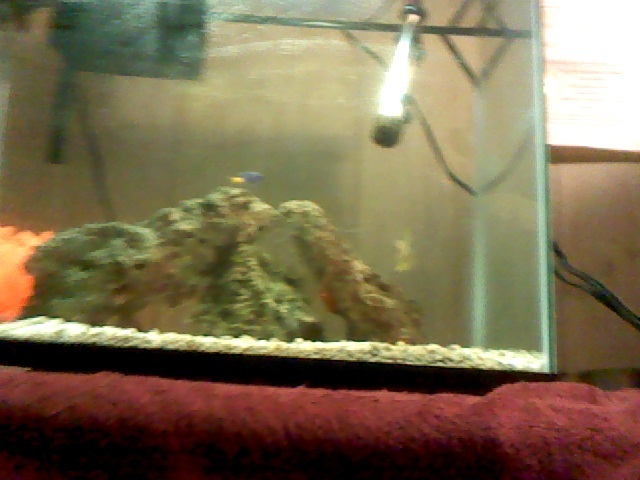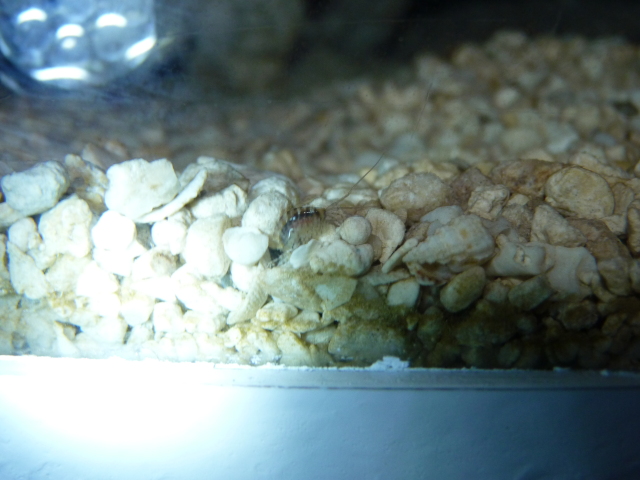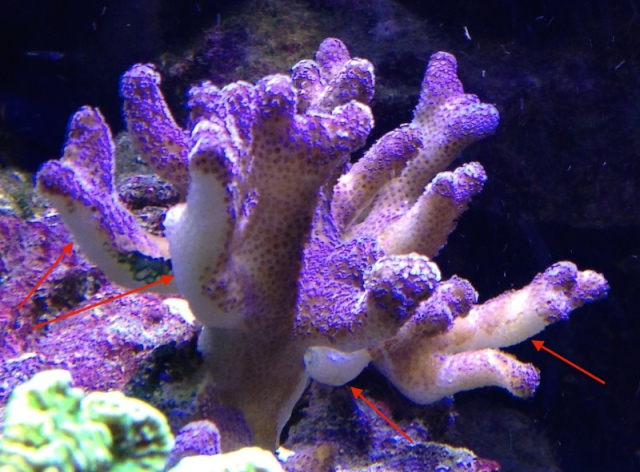QuestionHi Jennifer. I am of course addicted to my saltwater tank and I think I broke one of the cardinal rules. I went to the pet store to talk to the manager about my lighting, but he and the other "fish guy" were out. A fill-in manager with no marine experience was there instead.
It's very difficult for me to leave that store empty handed, and I saw some really cute (and harmless looking) slugs that were very cheap (less that $2 each). I decided they would be a safe purchase to make without consulting the people who have the actual fish knowledge.
The next day my beautiful purple pigmy angelfish was dead. No obvious signs of stress. Just dead. I did a little research (something I should have done BEFORE I bought the slug), and found that what I had bought was a Hypselodoris bullocki.
The website said that these creatures can emit a toxin that can kill other fish. Is it possible that this is what happened to my poor angel??
I can't seem to find the slug now. Do I need to tear apart the reef to find it before it kills something else? Everyone else seems to be ok so far.
AnswerHello Melinda. If you are sure that it is a H. Bullocki then it is not likely that it is what caused your poor angelfish's death. If it has visible gills (frills) then it isn't the kind that can wipe out your fish. They have glands which contain a noxious chemical but they are usually only released when the animal is physically harmed. Fish don't like the taste of this chemical and are therefor unlikely to consume enough of them to be poisoned. The aim of these glands is to prevent the slug from being eaten.It is not much value to kill the fish after it has been eaten! Sea slugs from the family Philiddidae are the only ones who produce a poison strong enough to kill any fish in the surrounding area.These slugs have no visible gills. I hope tht puts you at ease, However the feding of these slugs is so specialized that they usually don't live very long in an aquarium.

 what type of worm good or bad?
Question
worm
We found a clear worm like creatur
what type of worm good or bad?
Question
worm
We found a clear worm like creatur
 Mussel
QuestionI work in a kitchen and I rescued a mussel that
Mussel
QuestionI work in a kitchen and I rescued a mussel that
 14 gallon tank
Questionmy tank
QUESTION: hello I have 2 questio
14 gallon tank
Questionmy tank
QUESTION: hello I have 2 questio
 strange critters
QuestionQUESTION: I have a 65 gal saltwater set up 30 d
strange critters
QuestionQUESTION: I have a 65 gal saltwater set up 30 d
 Problem with SPS
Question
Coral Coral placement
I have an S
Problem with SPS
Question
Coral Coral placement
I have an S